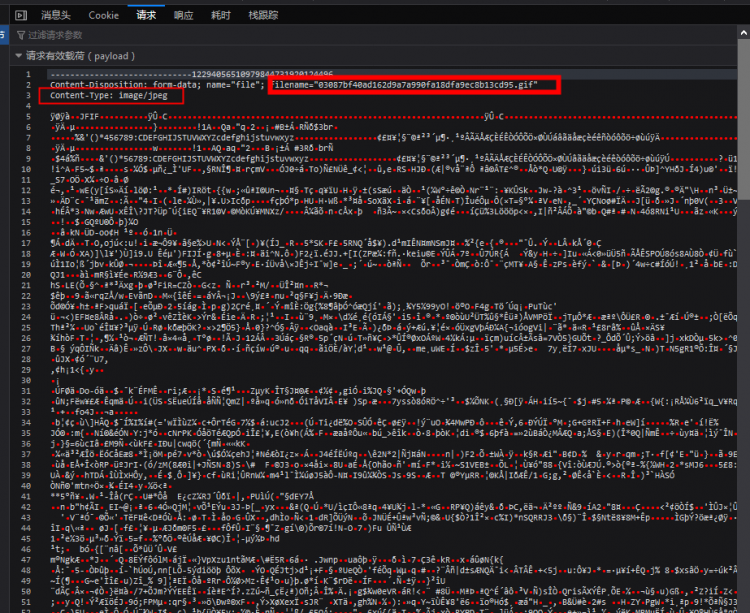【翻译一】java-并发

Lesson: Concurrency
Computer users take it for granted that their systems can do more than one thing at a time. They assume that they can continue to work in a word processor, while other applications download files, manage the print queue, and stream audio. Even a single application is often expected to do more than one thing at a time. For example, that streaming audio application must simultaneously read the digital audio off the network, decompress it, manage playback, and update its display. Even the word processor should always be ready to respond to keyboard and mouse events, no matter how busy it is reformatting text or updating the display. Software that can do such things is known as concurrent software.
The Java platform is designed from the ground up to support concurrent programming, with basic concurrency support in the Java programming language and the Java class libraries. Since version 5.0, the Java platform has also included high-level concurrency APIs. This lesson introduces the platform\'s basic concurrency support and summarizes some of the high-level APIs in the java.util.concurrent packages.
译文:
课程:并发
电脑用户总是让他们的电脑系统在同一个时间做一件以上的事情。他们假设在他们编辑一个文档的时候,其他的应用程序能够下载文件,管理打印,并播放音频等。即使是单个的应用程序,人们也希望它在同一时间做一件以上的事情。例如,播放器程序必须同时从网络上读取数字流,解压它们,播放它们,并更新显示。即使是文本编辑程序,也应该随时准备读取键盘和鼠标事件,不论格式化或者刷新显示是多么忙。能做这样的事情的软件被称为并发软件。
基于java语言和它的类库中基本的并发内容,java平台也就是基于支持并发编程而设计的。自从5.0版开始,java平台已经包括了高性能并发的API。这个系列课程旨在介绍基本的并发编程以及总结一些java.util.concurrent中的一些高性能API包。
以上是 【翻译一】java-并发 的全部内容, 来源链接: utcz.com/z/390125.html



